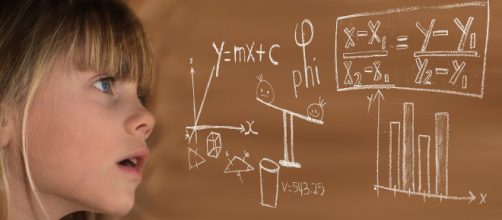Before he became one of our foremost political critics, Noam Chomsky was a revolutionary linguist. His observations on language flew in the face of superficiality. He understood that the environment is not everything.
As Pierce, Wittgenstein, and Nietzsche also knew, the world and the individual are interactive. Language rises from the capacity of an infant to absorb mountains of information because of an inborn disposition to do so. This incredible talent does not ever vanish entirely.
Indeed, Triadic Philosophy contends that Words are the intermediary between reality, the whole kahuna, and us.
We speak to the world, but the connection between us and reality is no less important. Reality is but a compilation of all the signs that exist, an impossible multiplicity we can only imagine.
Language
Words are how we process signs. They are how we take the vagueness, which is everything there is, and create bite-sized pieces that we can use to form sentences and form coherent thoughts. We call words language.
Language may be the aggregation of words, but that seminal word is key. It reveals the purpose of our existence.
The writer and Harvard philosopher, Charles S. Pierce, wrote that the word became flesh. The word was in the beginning and it was the doorway to our full humanity. It would take millennia to reach that fullness.
Fallibility
Words are the results of our predisposition to speak. This is our gateway to social existence. But we should also understand that words in themselves are fallible.
We are fallible. What we speak is too. Writers know, in their very being, that words are merely transitory means by which we achieve social results.
Sometimes a writer will sense that once words are on a page they are frozen. They can only come alive when another eye lights on them and is thus enlivened. Behind the word lies all reality known and unknown.
Triadic ethics
In triadic philosophy, ethics defined as the way we process reality as it becomes action and expression along the way. We use the words tolerance, helpfulness, and democracy to signify that way.
We believe that the daily use of these words in considerations is a key step to achieving change that leads to good.
Triadic ethics is opposed to binary thinking that reduces issues to an either/or dichotomy. It is opposed to dualistic theories. The result of these negative thought patterns is often conflict, as in “my way or the highway”.
In a triadic ethical consideration, we use our fallible words to arrive at fallible ideas of how reality can be made less harmful and more life-giving. We think of the result as aesthetics – all we do. We strive for truth and beauty in every conscious act.


